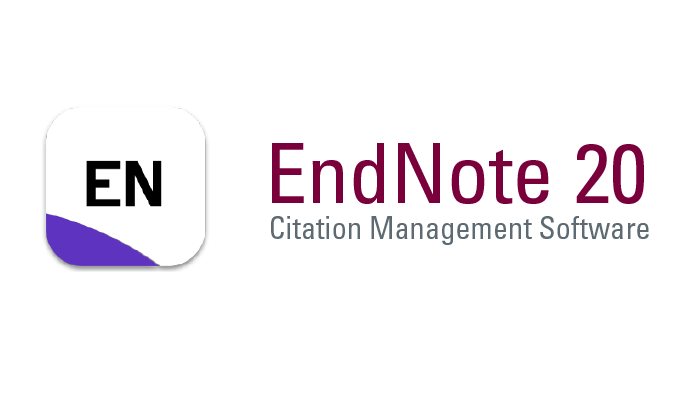IMPLEMENTASI KURIKULUM EDUTECHNO PRENEURSHIP ISLAMI DI SMK NEGERI 3 LHOKSEUMAWE: PEMBENTUKAN KARAKTER DAN PENINGKATAN KOMPETENSI PESERTA DIDIK
DOI:
https://doi.org/10.47887/amd.v5i1.155Keywords:
Islamic Edutechno Preneurship Curriculum, character building, , competency, SMK Negeri 3 Lhokseumawe, vocational educationAbstract
This study aims to understand the implementation of the Islamic Edutechno Preneurship Curriculum at SMK Negeri 3 Lhokseumawe and its impact on character building and skill enhancement of students. Using qualitative methods, including in-depth interviews, observations, and document analysis, the research involved various stakeholders at the school. Results show that SMK Negeri 3 Lhokseumawe has established a School Development Team (TPS) to implement strategic steps in applying this curriculum. Programs such as Mandatory Scouting (Wapra) and Islamic Spirituality (Rohis) are integral to these efforts, focusing on the development of Islamic character and the integration of noble moral values in every lesson. Teacher competency is enhanced through In-House Training and Workshops, aiding in the development of both pedagogical and professional skills. The curriculum's implementation is also supported by the Aceh Education Department's socialization efforts. However, challenges remain, such as insufficient cooperation among teachers in enforcing discipline and the lack of textbooks integrated with the new curriculum. Overall, the implementation of the Islamic Edutechno Preneurship Curriculum at SMK Negeri 3 Lhokseumawe shows positive development. This curriculum has great potential to improve students' skills and Islamic character, preparing them for future challenges. This study provides valuable insights for the development of character-based and technopreneurship curricula in vocational education settings.
References
Alfian, Magdalia. (2013). Potensi Kearifan lokal dalam Pembentukan Jati Diri dan Karakter Bangsa. Prosiding The 5 thn ICSSIS; “Ethnicity and Globalization”, di Jogyakarta pada tanggal 13-14 Juni 2013
Arikunto, Suharsimi. (1998). Prosedur Penelitian, Rineka Cipta : Yogyakarta.
Edwards III, G.C. and Sharkansky, I. 2002. The olicy Predicement. W.H. Freeman and Company. San Francisco
Grindle, Marilee S. (ed.). 2003. Politics and Apolocy Implementtaion in The Third World. Prenticetown University Press. New Jersey
Kamil. Mohammad. 1999. Interaksi Sosial Dalam Pengajaran CBSA, Proyek Pengadaan Sarana Akademis Depdikbud RI, Jakarta: Depdikbud
Milles & Huberman. (1992). Analisis Data Kualitatif (tentang metode-metode baru), Jakarta: UI-Press.
Moleong, Lexy.J. (2000). Metodologi Penelitian Kualitatif, Bandung: PT. Rosdakarya.
Moleong, Lexy J. (2001). Metodologi Penelitian Kualitatif. Bandung: Remaja
Rosdakarya
Sugiyono. (2013). Metode Penelitian Kuantitatif, Kualitatif, R&D, Bandung: CV. Alfabeta.
Supardi. (2006). Metodologi Penelitian, Mataram : Yayasan Cerdas Press.
Winarno, Budi. (1989). Teori Kebijaksanaan Publik. Yogyakarta : Pusat Antar Universitas Studi Sosial, Universitas Gajah Mada.
Undang-undang Nomor 44 Tahun 1999 tentang Keistimewaan Aceh dalam bidang pendidikan
Undang undang nomor 18 tahun 2001 tentang Otonomi khusus Aceh
Undang-undang Sistim Pendidikan Nasional Nomor 20 Tahun 2003.
Undang-undang Republik Indonesia Nomor 11 Tahun 2006 Tentang Pemerintahan Aceh.
Qanun Aceh Nomor 9 Tahun 2015 tentang Penyelenggaraan Pendidikan Propinsi Aceh
Downloads
Published
How to Cite
Issue
Section
License
Copyright (c) 2024 Muklir Muklir, Muhammad Hasyem, Abdullah Abdullah, Teuku Alfiady, Murniati Murniati

This work is licensed under a Creative Commons Attribution-ShareAlike 4.0 International License.
Authors retain copyright and grant the journal right of first publication and this work is licensed under a Creative Commons Attribution-ShareAlike 4.0 that allows others to share the work with an acknowledgement of the works authorship and initial publication in this journal.
All articles in this journal may be disseminated by listing valid sources and the title of the article should not be omitted. The content of the article is liable to the author.
Authors are able to enter into separate, additional contractual arrangements for the non-exclusive distribution of the journal's published version of the work (e.g., post it to an institutional repository or publish it in a book), with an acknowledgment of its initial publication in this journal.
Authors are permitted and encouraged to post their work online (e.g., in institutional repositories or on their website) prior to and during the submission process, as it can lead to productive exchanges, as well as earlier and greater citation of published work.
In the dissemination of articles by the author must declare the Al-Madaris Jurnal Pendidikan dan Studi Keislaman as the first party to publish the article.














